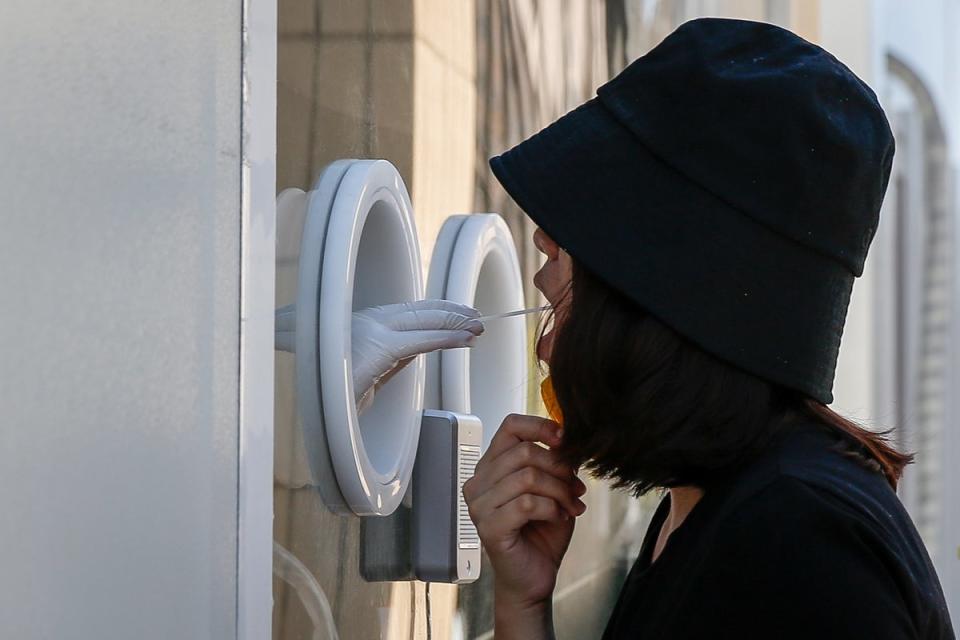China places millions in new Covid lockdown after fresh outbreaks
Millions of Chinese citizens were placed under a new lockdown on Tuesday following a fresh outbreak of coronavirus as the government remains committed to its “zero-Covid” policy.
The tougher curbs on activities have sparked concerns over the health of the barely-growing economy, which has struggled since the pandemic began in 2020.
Nearly half of the six million residents of the port city of Dalian, along with an undisclosed number of citizens in Chengde, Shijiazhuang and Shenzhen, were placed under lockdown.
The latest restrictions reflect China’s strict adherence to a “dynamic Covid zero” policy aimed at curbing the spread of coronavirus at every flare-up.
The country had been urged to rethink its strict Covid policy after the director general of the World Health Organisation (WHO), Tedros Adhanom Ghebreyesus, warned it was an unsustainable course of action earlier this year.
The lockdown in Dalian began on Tuesday and is expected to last just five days. However, authorities in the past have extended restrictions depending on the number of cases.
Households are allowed to send one person daily to shop for essentials.
The Shenzhen district of Longhua, which has 2.5 million residents, closed entertainment venues and Huaqiangbei, the world’s largest electronics market.
Under the new restrictions, which would be in place till Saturday, citizens in Longhua must show proof of negative test results within 24 hours to enter residential compounds, and restaurants must limit patrons to half their capacity.
A blanket closure of public entertainment and cultural venues was ordered in the city of Chengdu, which has a population of 21 million.
The northern municipality of Tianjin, home to 13.7 million, started a new round of citywide Covid-19 tests, and announced a delay in resuming offline classes for several schools.

People have been discouraged from travelling in and out of Beijing even though the capital has been largely unaffected by the new wave of infections. Residents in the capital are reportedly subjected to testing on an almost daily basis.
The Asian giant has mostly kept its borders closed to foreign visitors, while requiring those who do come to quarantine for more than a week in hotels, where people have raised concerns about poor sanitary conditions.
China on Tuesday reported 1,717 cases of local transmission, with most in Sichuan province.
Meanwhile, a Chinese think tank, Anbound Research Centre, issued a rare public disagreement with the government, saying the curbs should be changed to prevent an economic stall.
The think tank said in its report: “Preventing the risk of the economic stall should be the priority task.”


